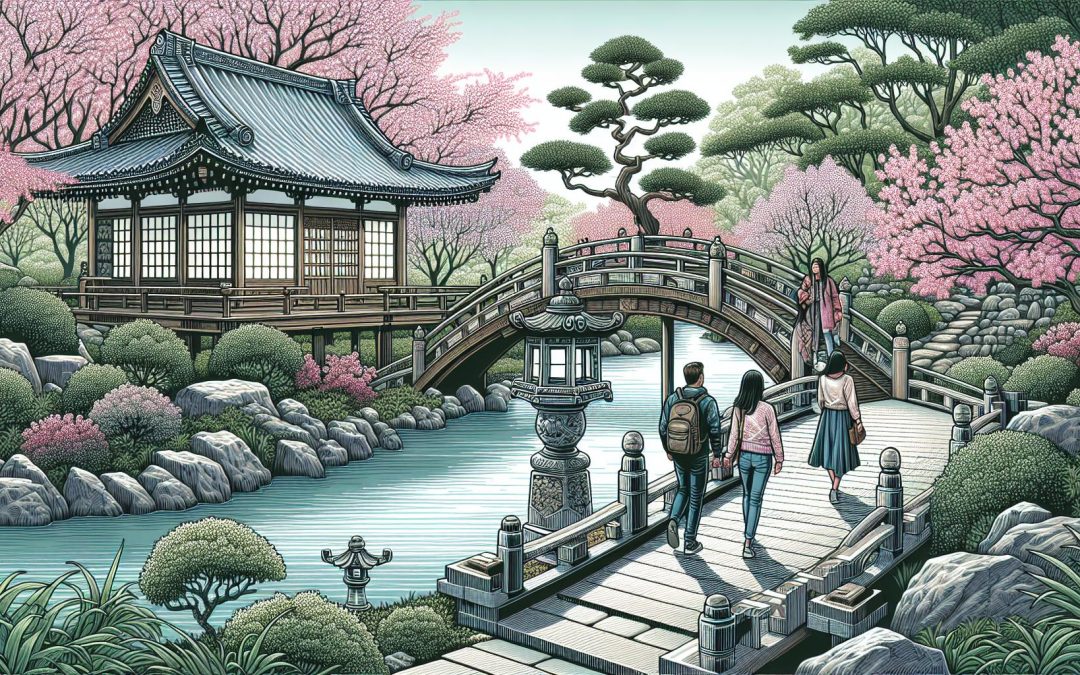Ever found yourself yearning for a peaceful escape without venturing too far from home? Nestled in Geneva, IL, the Fabyan Japanese Gardens offer a serene retreat that feels worlds away from the hustle and bustle. Imagine wandering through meticulously designed landscapes, listening to the gentle trickle of water, and feeling the calming presence of nature.
These gardens aren’t just a feast for the eyes; they’re a sanctuary for the soul. Whether you’re a nature enthusiast or simply looking for a tranquil spot to unwind, this article will guide you through the enchanting experience that awaits at Fabyan Japanese Gardens. Let’s dive into the beauty and tranquility that make this hidden gem a must-visit.
1925 S. BATAVIA AVE. / ROUTE 31
GENEVA, IL 60134

The Gardens are Open
Visitors can explore the Fabyan Japanese Gardens from May 1 to September 29, 2024. The gardens welcome guests from Wednesday to Sunday, between 1 PM and 4 PM. I find these hours ideal for enjoying the serene ambiance without feeling rushed.
Entrance Fees
Admission is free, but free-will donations are gratefully accepted
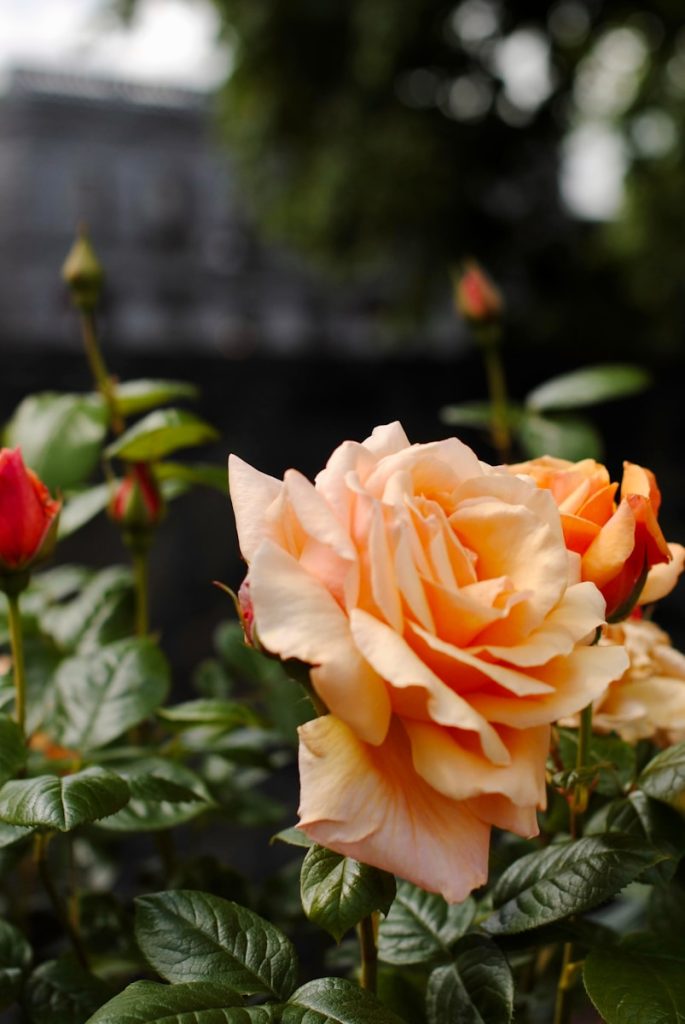
Special Events
Guided tours add an educational layer to the visit. They take place during open hours and last about an hour. Expert guides share insights on the garden’s history, design elements, and plant species. I appreciate these tours because they deepen my understanding of the landscape.
The gardens host various events throughout the season. These include tea ceremonies, cultural festivals, and educational workshops. Checking the gardens’ official website provides up-to-date information on upcoming events. These occasions offer unique experiences and a deeper connection to Japanese culture.
Accessibility
The gardens are easy to navigate, though some areas feature gravel paths and stone steps. I recommend wearing comfortable shoes. Benches throughout the gardens offer rest spots for those who need them.
Visitor Guidelines

To preserve the peaceful environment, several guidelines enhance the experience:
- No smoking allowed
- Dispose of trash properly
- Avoid picking plants
- Silence mobile devices
Following these guidelines ensures the gardens remain a tranquil haven for all visitors.
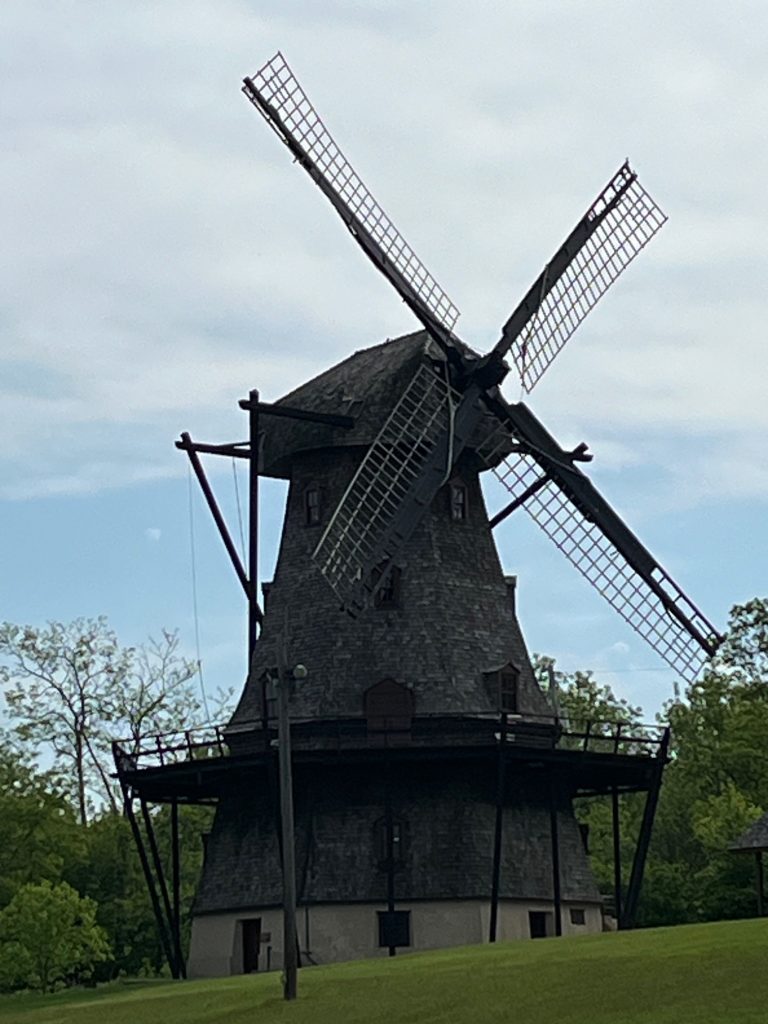
Nearby Attractions
The Fabyan Japanese Gardens are part of the Fabyan Forest Preserve, which offers additional attractions:
- The Fabyan Villa Museum showcases Colonel Fabyan’s mansion and collections.
- The historic windmill provides a glimpse into 19th-century technology.
- Scenic trails invite leisurely walks or bike rides.
Planning a visit to the entire preserve makes for a full, enjoyable day.
May 1 to Sept 29
Fabyan Japanese Gardens open from May 1 to Sept 29. During this period, the gardens are in full bloom, showcasing vibrant flora and meticulously maintained landscapes that provide a serene escape.
Visiting Hours
The gardens open Wednesday through Sunday. Hours run from 1 PM to 4 PM. This schedule ensures that visitors enjoy the gardens in optimal sunlight, enhancing the experience.
Guided Tours
Guided tours are available on Saturdays. These tours, led by knowledgeable docents, provide deeper insight into the history and design elements of the garden. Reservations are recommended, as spots fill quickly.
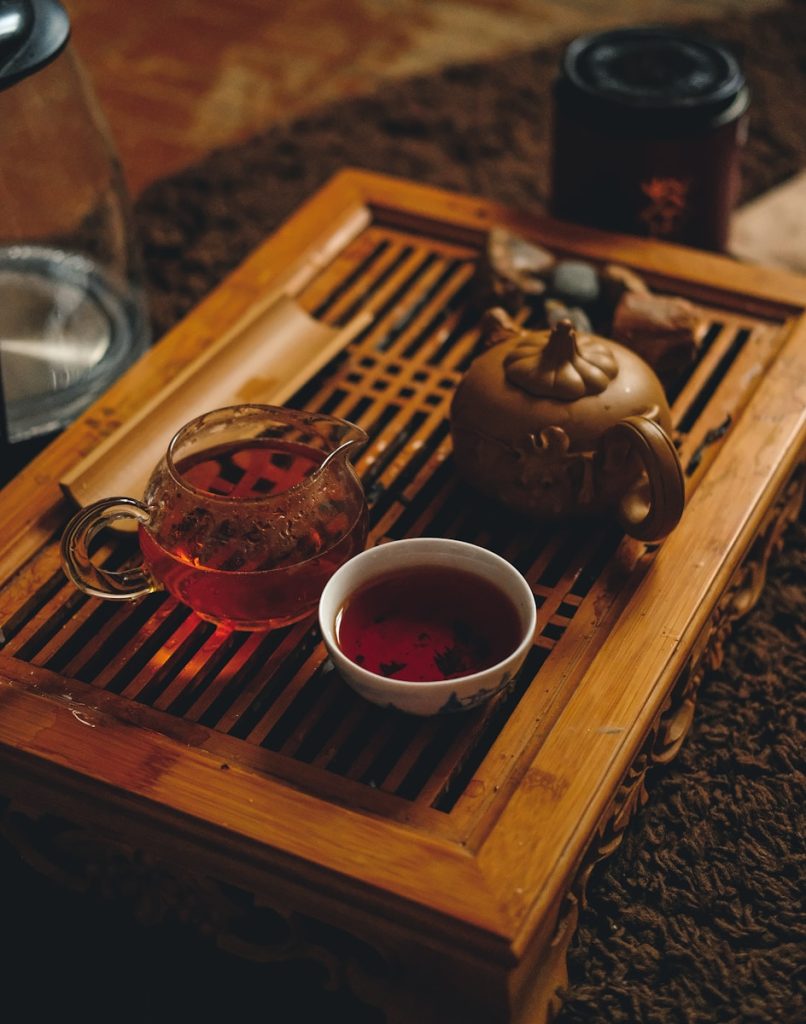
Special Events
In this timeframe, several special events occur. Here are a few noteworthy examples:
- Tea Ceremonies (Monthly): Visitors can participate in traditional Japanese tea ceremonies, gaining a deeper appreciation for this cultural ritual.
- Cultural Festivals (Seasonal): Events featuring Japanese music, dance, and art bring an immersive experience to attendees.
Seasonal Highlights
Each month from May to September offers unique attractions:
- May and June: Azaleas and irises bloom, painting the gardens with vibrant colors.
- July and August: The water lilies in the pond reach peak bloom, providing a picturesque scene.
- September: Maple trees start to turn, offering a preview of fall foliage.
Visitor Tips
Consider these tips to maximize your visit:
- Arrive Early: For the best experience, arrive at the start of opening hours.
- Weather Preparedness: Keep an eye on weather forecasts. Sunny days are ideal, but a light raincoat or umbrella can be handy.
- Comfortable Attire: Wear comfortable shoes, as the garden’s pathways can involve a fair amount of walking.
- Calendar of Events – Check out this link for events for the 2024 season

Closed some dates for private events
The Fabyan Japanese Gardens in Geneva, IL, sometimes close to the public due to private events. Knowing specific dates can help visitors plan better and avoid disappointment. in 2024, the dates that is gardens are closed are:
May 11, June 1, June 8, June 29, August 10, August 31
Common Dates for Private Events
- Weddings and Receptions: Popular during spring and summer when the gardens are most vibrant.
- Corporate Events: Common in late summer and early fall.
- Cultural Celebrations: Occasionally hosted during special Japanese holidays or anniversaries.
How to Stay Informed
Check the official website for updates. They list all private event closures:
- Monthly Calendar: Updated regularly to reflect any changes.
- Social Media: Follow their accounts for real-time announcements.
- Newsletter: Subscribe for the latest information on closures and events.
Planning Around Closures
If visiting, plan visits around known closure dates. Here are a few tips:
- Check Ahead: Verify the garden’s schedule before planning a trip.
- Alternative Dates: Identify backup dates in case of last-minute closures.
- Contact Directly: Call or email the garden’s administrative office for confirmation about open dates.
Special Access
In some cases, if a private event is occurring, the garden may allow limited access:
- Partial Openings: Only certain sections might be closed, allowing partial visits.
- Advanced Notice: Special access notice often posted on their website.
Being aware of these potential closures can enhance the visiting experience and ensure uninterrupted enjoyment of the serene Fabyan Japanese Gardens.
Memberships
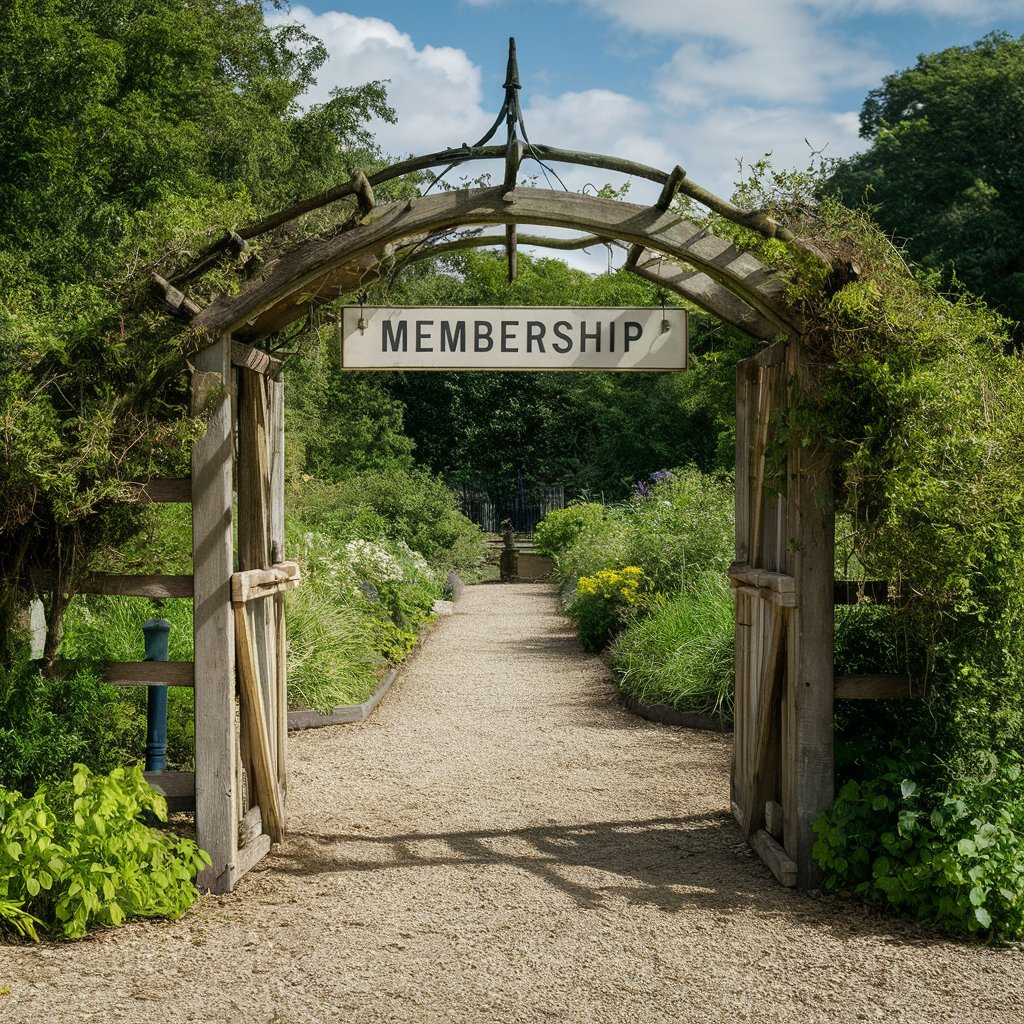
For frequent visitors, memberships can be a cost-effective option. Memberships often include unlimited general admission, discounts on special events, and exclusive member-only events. You can click the link for more details.
Group Visits
Group visits, like school trips or guided tours for organizations, have special rates and options. It’s best to contact the administrative office in advance to arrange group visits, as they can customize the tour to fit educational or thematic needs.Accessibility
The Fabyan Japanese Gardens aim to be accessible to everyone. Wheelchair-accessible paths and restroom facilities are available. Contact the administrative office for any specific accessibility needs or concerns.
Planning Your Visit
To enhance the experience, plan visits during less crowded times, typically weekday mornings or late afternoons. Always check the garden’s official website for the latest admission information, updates on closures, and event schedules.
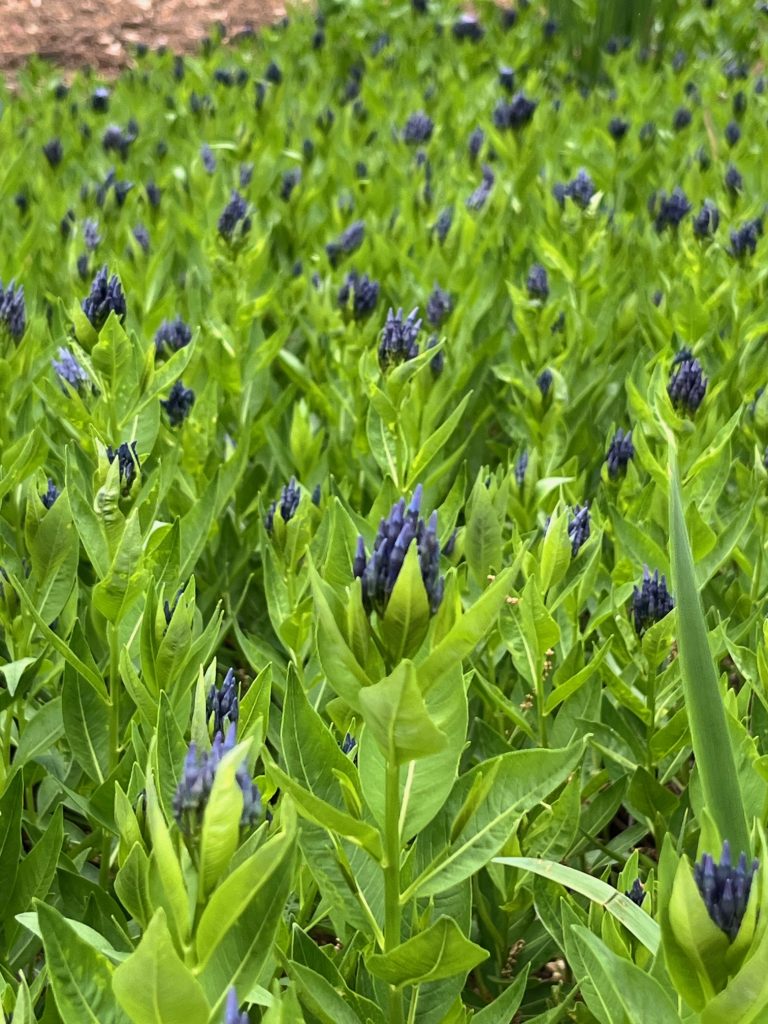
Created circa 1910
Fabyan Japanese Gardens, designed around 1910, showcases the intricate artistry and profound serenity of traditional Japanese landscape architecture. Colonel George Fabyan and his wife Nelle spearheaded the creation, collaborating with Japanese Master Gardener Taro Otsuka. They transformed a section of their estate into this serene haven, retaining the authentic elements of Japanese gardens.
Historical Significance
The gardens reflect the early 20th-century fascination with Japanese culture. Colonel Fabyan’s worldwide travels influenced his desire to incorporate Japanese design elements into his estate. Elements include stone lanterns, bridges, and a tea house, symbolizing peace and contemplation.
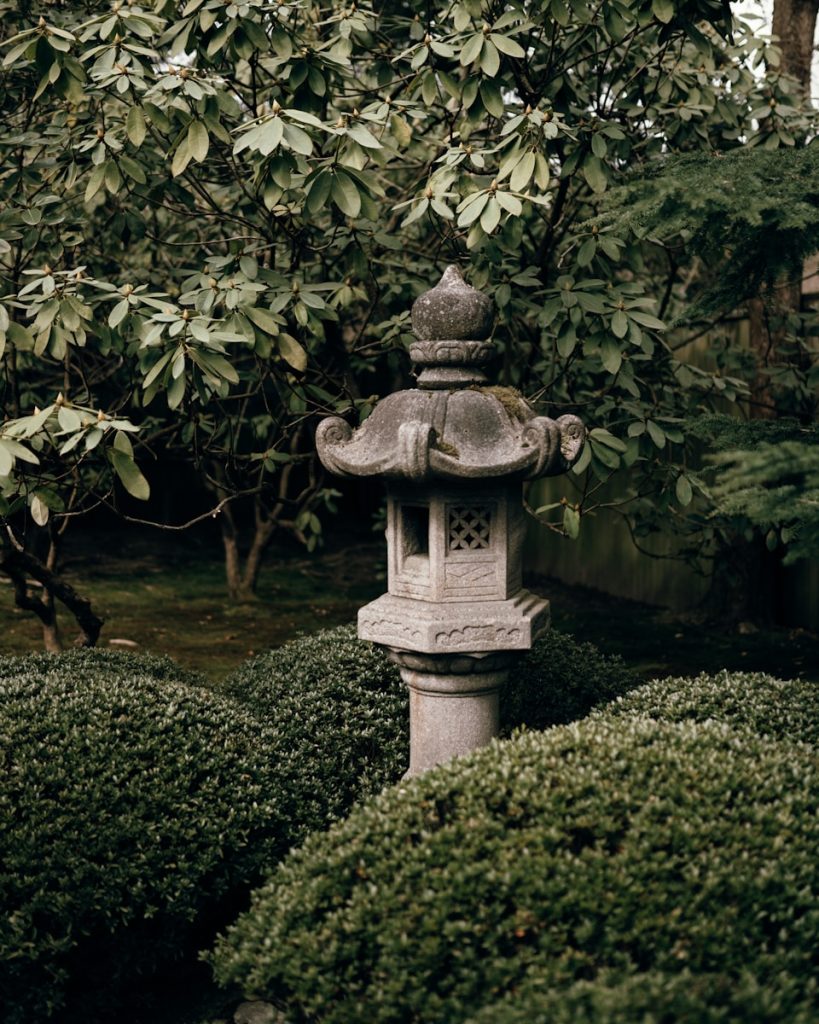
Key Features
The garden includes essential elements of Japanese landscape design.
- Stone Lanterns: Scattered throughout the garden, these lanterns add to the tranquility and aesthetic charm.
- Bridges: Traditional arched bridges cross over koi ponds, creating focal points within the garden.
- Tea House: This structure offers a space for traditional tea ceremonies, enhancing cultural immersion.
Preservation Efforts
Efforts to preserve and restore the Fabyan Japanese Gardens ensure that its historical and aesthetic value remains intact. Ongoing conservation projects, funded by donations and memberships, maintain the garden’s integrity. Volunteers play a significant role in these initiatives, assisting in garden maintenance and cultural events.
Visitor Experience
Visitors today can enjoy a unique experience, walking through well-preserved landscapes reminiscent of early 20th-century Japan. The garden’s authenticity offers a quiet retreat from modern life, transporting guests to a different era.
Guided tours provide insights into the garden’s history, design principles, and the Fabyan family’s influence. These tours cater to all age groups, making the experience educational and enjoyable.
For instance, during a guided tour, one might learn about the symbolism behind the stone lanterns or the significance of the koi ponds, enhancing appreciation for Japanese garden designs.
Planning a visit to these well-maintained gardens offers an opportunity to appreciate the timeless beauty and cultural significance of Japanese design. Visitors should check the official website or contact the administrative office to confirm open hours and any potential closures due to events.
1974 Geneva Garden Club Restoration
In 1974, the Geneva Garden Club began a significant restoration project to revive the Fabyan Japanese Gardens in Geneva, IL. The garden’s condition had deteriorated over the years, and the local club recognized the importance of preserving its historical value and unique design elements.
Restoration Goals
The restoration aimed to:
- Restore Authenticity: Reinstate the original Japanese design elements.
- Preserve History: Maintain the garden’s historical significance.
- Enhance Accessibility: Make the gardens more accessible to the public.
Key Restoration Activities
Several activities were pivotal to the restoration:
- Structural Repairs: Reconstructing bridges and tea houses using traditional materials.
- Landscaping: Pruning, planting, and maintaining trees and shrubs to reflect the original layout.
- Stonework: Cleaning and repositioning stone lanterns, paths, and other features.
Community Involvement
The local community played an essential role:
- Volunteer Efforts: Many volunteers participated in manual tasks.
- Fundraising Events: Hosted events to secure funding for the project.
Ongoing Maintenance
The restoration didn’t end in 1974. Continuous efforts ensure the gardens remain impeccable:
- Seasonal Care: Regular planting, pruning, and landscaping activities.
- Annual Events: Organized to raise awareness and funds for ongoing maintenance.
The 1974 Geneva Garden Club restoration project wasn’t just about bringing the gardens back to their former glory; it was about ensuring that future generations can appreciate the serene beauty and historical significance of the Fabyan Japanese Gardens.
Operated by Preservation Partners of the Fox Valley and Forest Preserve District of Kane County

The Fabyan Japanese Gardens in Geneva, IL are operated by the Preservation Partners of the Fox Valley and the Forest Preserve District of Kane County. These organizations work together to maintain the gardens’ historical integrity and natural beauty.
Preservation Partners of the Fox Valley
The Preservation Partners of the Fox Valley focus on conserving and sharing the rich history of the Fox Valley area. They manage several historical sites and provide educational programs to the community. They take a hands-on approach in maintaining the Fabyan Japanese Gardens, ensuring that traditional Japanese landscape elements are preserved.
Forest Preserve District of Kane County
The Forest Preserve District of Kane County manages over 22,000 acres of land. Their mission is to preserve and restore natural landscapes while providing recreational opportunities. By partnering with the Preservation Partners, they contribute resources and expertise to maintain the gardens. Their involvement ensures that the gardens remain a serene destination for visitors.
Collaboration Efforts
Collaborative efforts between these two organizations have resulted in several key initiatives:
- Restoration Projects: Restoration projects have included replanting native species and repairing stone structures to maintain historical accuracy.
- Educational Programs: Educational programs offer guided tours and workshops about Japanese gardening techniques.
- Community Events: Community events promote engagement and cultural appreciation through festivals and volunteer opportunities.
Funding and Support

Funding comes from donations, memberships, and public grants, ensuring continuous upkeep and improvement. These funds support landscaping, repairs, and seasonal care. Enhanced accessibility through well-maintained pathways invites more visitors, enriching their experience.
Volunteer Involvement
Volunteers play a crucial role in maintaining the gardens. They participate in planting, landscaping, and guiding tours. Their dedication helps preserve the garden’s unique atmosphere.
The combined efforts of the Preservation Partners of the Fox Valley and the Forest Preserve District of Kane County make the Fabyan Japanese Gardens a cherished locale that celebrates cultural heritage and natural beauty.
Volunteer Opportunities available
Fabyan Japanese Gardens offer several volunteer opportunities for those interested in contributing to their maintenance and programs.
Garden Maintenance
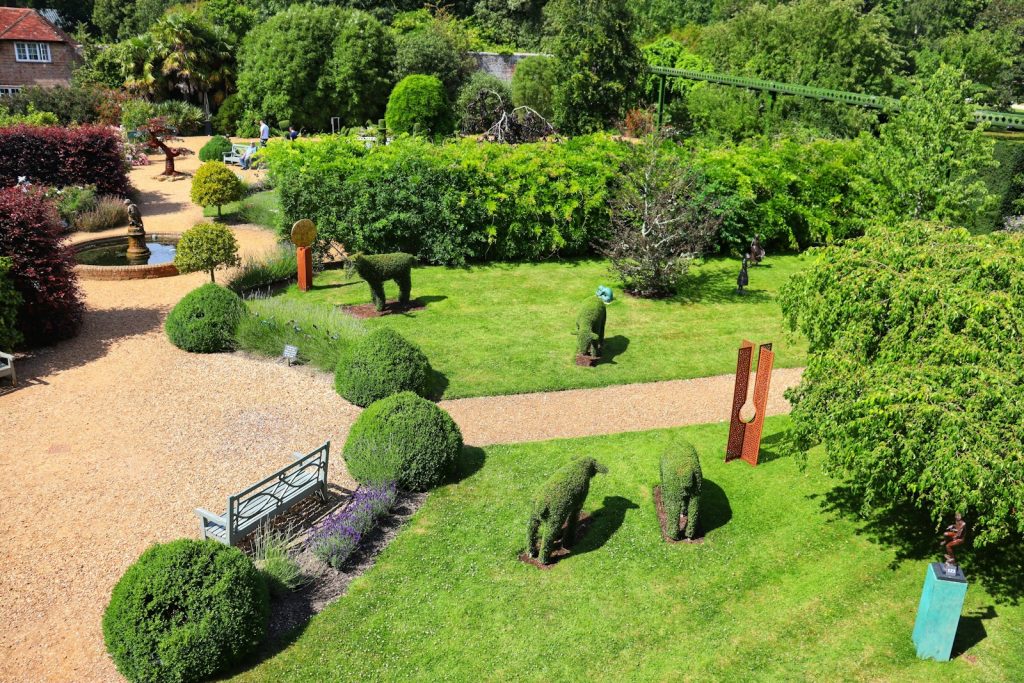
Volunteers help with routine garden upkeep.
- Planting: Assist with seasonal plantings to ensure the garden’s flora remains vibrant.
- Weeding: Remove weeds to maintain the garden’s aesthetic appeal.
- Pruning: Trim bushes and trees under the guidance of experienced gardeners to preserve their shapes.
Guided Tours
Enthusiasts lead educational tours.
- Training Provided: Receive training on the garden’s history and key features to share with visitors.
- Schedule: Volunteer for several tours each month, usually on weekends or during garden events.
- Engagement: Interact with visitors, answering questions and providing insights into the garden’s design and history.
Event Support
Assist in organizing and executing events.
- Setup and Breakdown: Help set up and dismantle event equipment and materials.
- Guest Assistance: Welcome attendees, distribute programs, and provide information about event activities.
- Administrative Tasks: Aid in the planning and scheduling of events, ensuring a smooth execution.
Educational Programs
Support educational activities.
- Workshops: Help set up and assist in hosting workshops related to Japanese culture and gardening techniques.
- Youth Programs: Assist with children’s programs, including educational tours and hands-on activities related to gardening and Japanese culture.
Special Projects
Participate in unique initiatives.
- Restoration Projects: Engage in special projects focused on restoring historical elements of the garden.
- Art Installations: Assist with installing and maintaining art pieces and displays throughout the garden.

How to Get Involved
Benefits of Volunteering
Interested individuals can fill out the volunteer application on the Fabyan Japanese Gardens website. After submission, the volunteer coordinator will contact applicants for an interview and orientation. Volunteering at the gardens is a rewarding way to connect with nature, learn about Japanese gardening, and meet like-minded individuals.
Volunteers gain various benefits.
- Skill Development: Learn new skills related to gardening, event planning, and educational programming.
- Community Connection: Join a community of volunteers passionate about preserving the garden’s heritage.
- Personal Fulfillment: Experience the satisfaction of contributing to the preservation and enhancement of a cultural landmark.
Group Tours Available
Visitors to Fabyan Japanese Gardens in Geneva, IL, can enjoy the enchanting landscape through organized group tours. These tours offer an immersive experience, showcasing the garden’s exquisite design and rich history.
Booking a Group Tour
To book a group tour, fill out a form on the garden’s website. Specify the number of participants and preferred date. An email confirmation with further details follows. Group sizes typically range from 10 to 25 individuals.
Contact and Support
If questions arise or assistance is required, I always feel free to reach out to the garden’s support staff through email or phone. They are eager to help enhance our visit to this magnificent cultural landmark.
Self-Guided Tour
Exploring the Fabyan Japanese Gardens on your own can be an enriching experience. A self-guided tour allows you to discover the garden’s serene beauty and intricate design at your own pace.
Highlights to Explore
- Japanese Teahouse: An authentic structure showcasing traditional Japanese architecture. Take time to observe its design features and the surrounding landscape.
- Moon Bridge: This arched bridge offers picturesque views and is perfect for capturing photos.
- Stone Lanterns: Scattered throughout the garden, these lanterns are symbolic elements in Japanese culture. Each has unique carvings worth noticing.

Tips for Self-Guided Tours
- Wear Comfortable Shoes: Walking paths may be uneven. Good footwear enhances your tour experience.
- Check the Weather: Gardens are best enjoyed in pleasant weather. Bring an umbrella if rain is forecasted.
- Bring a Water Bottle: Staying hydrated is crucial, especially during warmer months.
Educational Insights
Placards throughout the garden provide information about the significance of various features. Reading these can offer deeper understanding of Japanese gardening principles and cultural practices.
- Garden Layout: Learn about the purposeful arrangement of plants and structures.
- Flora: Discover the different plant species native to Japan and their symbolic meanings.
- Cultural Significance: Understand the history and cultural importance of elements like the teahouse and Moon Bridge.
Visual and Sensory Experience
Take time to indulge your senses. The sights, sounds, and even the subtle scents can provide a calming and immersive experience.
- Visual Beauty: Notice the changing colors and textures as you move through different sections.
- Sounds of Nature: Listen for the rustling leaves and flowing water features.
- Aromas: Enjoy the delicate fragrances of blooming flowers and manicured greenery.
- Map Availability: Pick up a free map at the entrance. It highlights key areas and pathways.
- Photography: Capture the moment but be respectful of other visitors’ experiences. Avoid using flash to preserve the tranquil atmosphere.
- Respect the Space: Maintain the garden’s serenity by speaking softly and not disturbing the plant life.
Visiting the Fabyan Japanese Gardens on a self-guided tour can be both educational and relaxing. By following these tips, you can maximize your visit and fully appreciate the intricate beauty and cultural richness of the gardens.

Pets are not allowed
When planning your visit to the Fabyan Japanese Gardens, remember that pets aren’t permitted. This helps maintain the tranquility and pristine condition of the gardens for everyone to enjoy.
I highly recommend taking the time to explore this hidden gem in Geneva, IL. Whether you’re a history buff, a gardening enthusiast, or just looking for a peaceful retreat, the Fabyan Japanese Gardens offer something truly special.
So grab your camera, put on those comfy shoes, and immerse yourself in the serene beauty and rich history of these gardens. You won’t regret it!
Karen Carlson, a dynamic and creative spirit in Geneva, cherishes the city's vibrant life. As a seasoned entrepreneur and licensed massage therapist, Karen intertwines her love for quilting with her passion for writing, contributing to Geneva's cultural tapestry with published works ranging from poetry to children's stories to non-fiction books.
Geneva, the heart of Karen's social and creative endeavors, offers unparalleled convenience and diversity, reflecting in Karen's lifestyle and work. Alongside her husband, Bruce, Karen indulges in local and global adventures, from culinary quests within the city to international mission work.
Engaged deeply in Geneva's community, Karen balances her time between family, creativity, and service, embodying the spirit of the city with every quilt stitch and written word.

